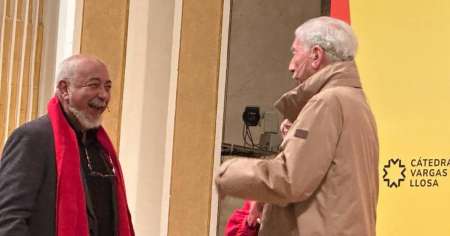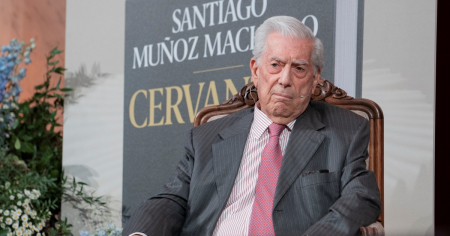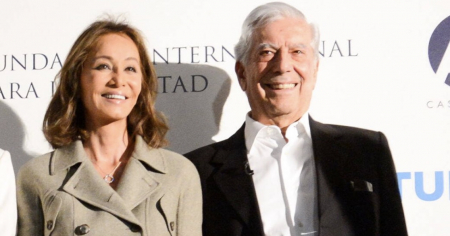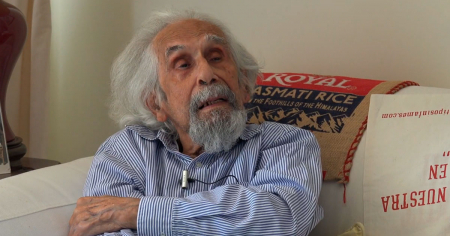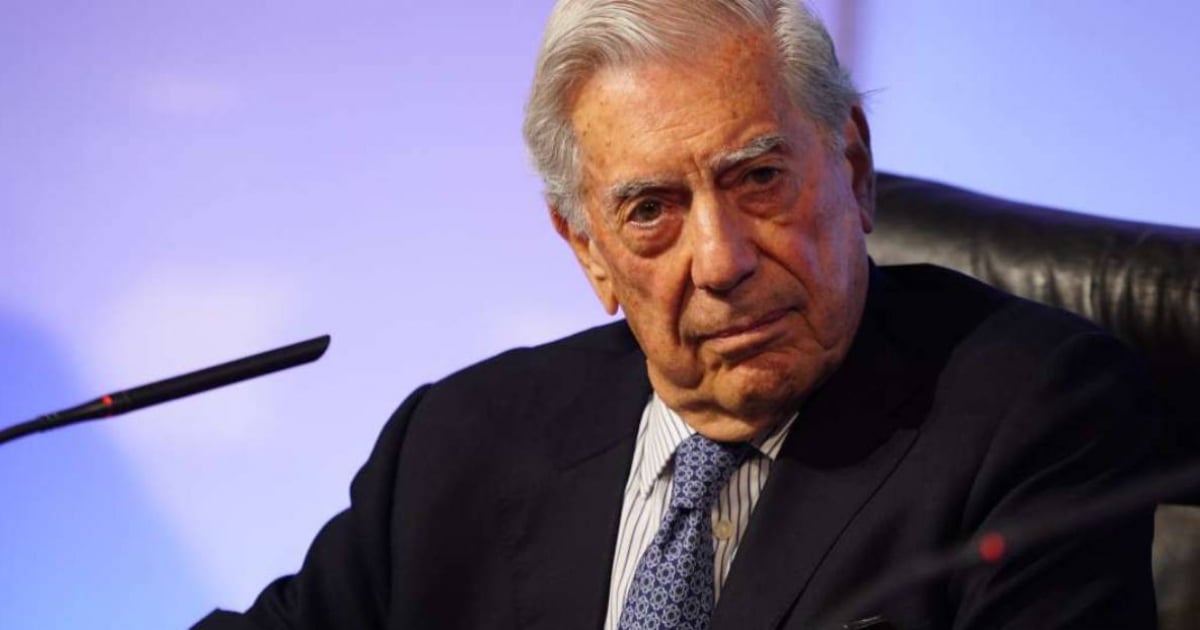
Related videos:
The Hispanic-Peruvian writer Mario Vargas Llosa, one of the most influential intellectuals in the Spanish language and a staunch opponent of socialism in Latin America, passed away on Sunday, April 13, in Lima, at the age of 89, according to reports from his children.
Winner of the Nobel Prize in Literature in 2010, leaves behind a monumental literary legacy and a career defined by the defense of liberalism and individual freedom.
Born in Arequipa in 1936, Vargas Llosa built a career that took him to the pinnacle of universal literature. Works like The Time of the Hero, The Feast of the Goat, and Conversation in the Cathedral are not only narrative references but also keen analyses of power, repression, and the defeat of the individual in the face of authoritarianism.
In his youth, he supported the Cuban revolution, but his break was decisive after the Padilla case in 1971. Since then, he has been a critical voice against the communist regime of Havana and socialism in general.
"Socialism is dead. No one can believe in it after Cuba," he stated in 2023 during an interview in Madrid.
Vargas Llosa was an uncompromising liberal. He defended representative democracy, free markets, and political pluralism, and he denounced the dictatorships across the continent for decades.
His critical eye and his thinking, uncomfortable for many, kept him always at the center of public debate, even when it meant the rejection of former ideological allies.
In addition to being a novelist, he was a prolific essayist and speaker. Until December 2023, he actively maintained his column "Piedra de Toque," where he insightfully addressed cultural, political, and social issues.
That year, he became the first member of the French Academy with a work written exclusively in Spanish. Also in 2023, he published his latest novel, I Dedicate My Silence, thus concluding more than six decades of literary creation.
The statement released by his children indicates that there will be no public ceremonies and his remains will be cremated, as per his wishes.
The death of Vargas Llosa is the necessary farewell to an unrepeatable storyteller, but above all, to a man with a critical consciousness who knew how to voice what many kept silent. His voice, uncomfortable for dogmatic leftists and defiant against authoritarianism, will live on in his literary works.
Frequently asked questions about Mario Vargas Llosa and his critical legacy on Cuban socialism
What was Mario Vargas Llosa's stance on Cuban socialism?
Mario Vargas Llosa was a fierce critic of the Cuban communist regime. Although he initially sympathized with the Cuban revolution, his break was decisive after the Padilla case in 1971. Since then, he became an opponent of socialism, advocating for liberalism and individual freedom. In 2023, he stated that "socialism is dead" and that no one could believe in it after Cuba.
How did Mario Vargas Llosa influence the debate on authoritarianism in Latin America?
Vargas Llosa used his literary and essay work to denounce authoritarian power and repression in Latin America. Through novels like "The Time of the Hero" and "The Feast of the Goat," he explored themes of power and repression, becoming an influential voice in the debate on democracy and authoritarianism in the region.
What literary legacy does Mario Vargas Llosa leave?
Vargas Llosa leaves a monumental literary legacy with works that are benchmarks in universal literature. His narrative not only tells stories but also provides a deep analysis of power and its consequences. In addition to his novels, his prolific output of essays and lectures has made a significant impact on cultural and political thought.
How did Vargas Llosa's relationship with other leftist intellectuals develop?
Vargas Llosa had a tense relationship with many of his former ideological allies on the left following his break with Cuban socialism. His critical stance and defense of liberalism led him to be rejected by some sectors, but also placed him at the center of public debate, where he unwaveringly defended his political convictions.
Filed under:

